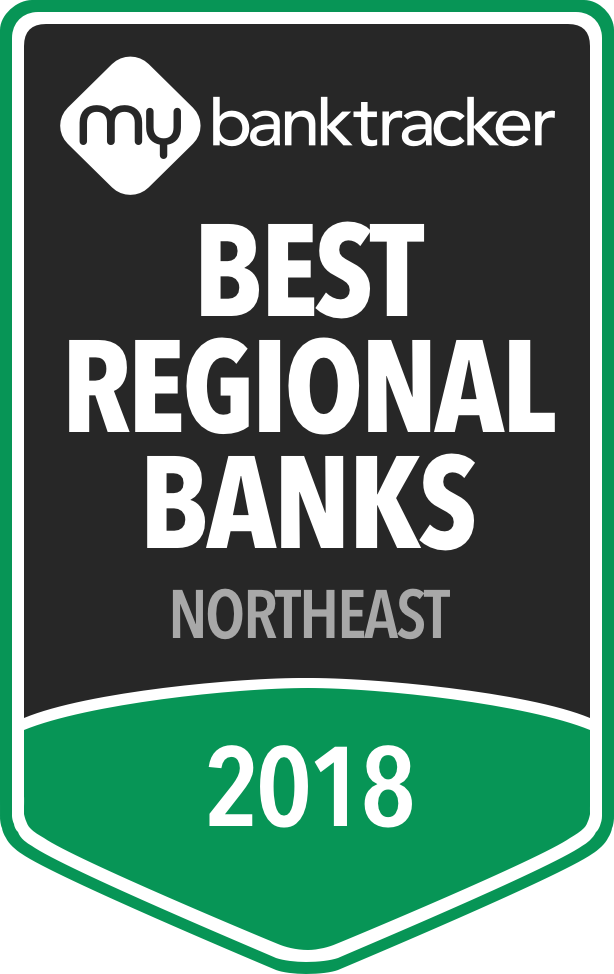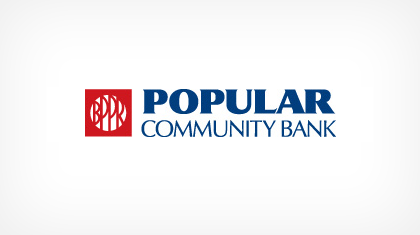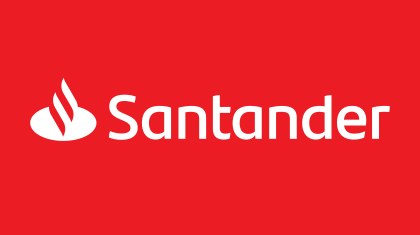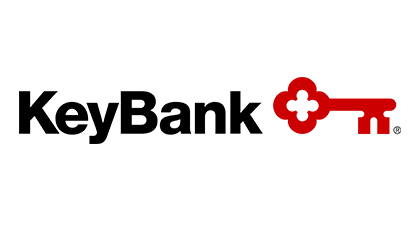Compare Rates to Best Online Banks
How to Choose a Regional Bank
Choosing a new bank is a decision that shouldn’t be taken lightly. Think about it: the financial institution you choose will be responsible for taking care of your money and providing your services that could save — or cost — you money in the long run.
So don’t cut your bank shopping short. In today’s wired world, you have plenty of options, including national banks, community banks, brick-and-mortar institutions and online banks.
The good news is plenty of resources exist to assist your search.
Here are a few steps to take and things to think about before taking the plunge into an account with a new bank:
1. Location
It’s more difficult to conduct transactions if visiting your bank is a hassle. If you live in a big city and are looking for a bank you can easily and consistently access you might want to consider banking with a large, national chain.
If you live in a more remote area, you might have convenient access to a community bank.
Community banks are typically smaller than national banks and have one or only a few physical locations.
The downside to using a community bank: ATM fees when you travel. The upside to using a community bank: the potential for better rewards and interest rates.
2. Availability
The convenience factor of a bank stretches beyond its physical location. Even if your bank branch is situated just down the street from your home, that location won’t be open overnight and on holidays.
For that reason, the availability of decent online banking services is nearly as important as a bank’s physical location. Mobile banking is also a perk to look for.
Most nationwide banks — as well as online banks - are on a similar level in terms of mobile and online banking offerings.
If the bank you’re considering doesn’t offer online bill pay or electronic statements, you might want to look elsewhere.
Many banks have iPhone and Android apps that allow you to locate branches, transfer funds and check up on your balances.
If you are an active banking customer, taking the time to find a bank with a solid online presence could be worthwhile.
3. Bank Health
You wouldn’t loan your money to a less-than-trustworthy acquaintance, so why would you let a struggling bank hold onto your life savings?
As long as your balance at any one bank doesn’t exceed $250,000, your money will be insured by the Federal Deposit Insurance Corporation no matter what happens to your bank.
But, when a bank fails you’ll either become a customer of the bank that purchased your institution or be left to find a new bank altogether.
4. Rewards and Bank Deals
If all banks offered were plain old accounts, it’d be tough for any one institution to separate it from its competition. That’s why banks offer deals and special rates from time to time.
Institutions figure it’s worth taking a slight hit in the pocketbook with every new account if they are gaining more new members.
From cash back on purchases to interest checking and CD accounts to free gifts and rewards programs, banks offer a variety of ways for new members to earn.
It’s important to evaluate as many bank deals as possible to find a deal that doesn’t require unattainable account activity levels and won’t expire soon after you open an account.
5. Diversity of Account Offerings
Before you choose a bank, make sure it’s a bank you’ll be able to use in the future.
You might want to open only a savings account right now, but in five years you might want a CD for better savings or a home loan for the purchase of your first house.
If you can find one institution that satisfies all of your current and future banking needs, that bank might be one to consider no matter where you are in your financial life. Big banks are often the best in terms of account diversity.





Wednesday, 13 Sep 2017 9:49 PM